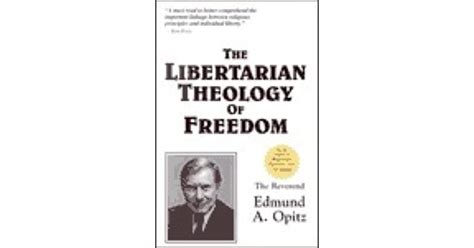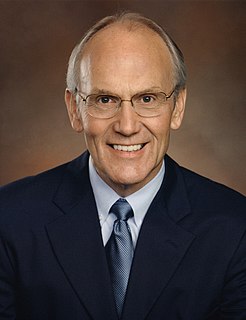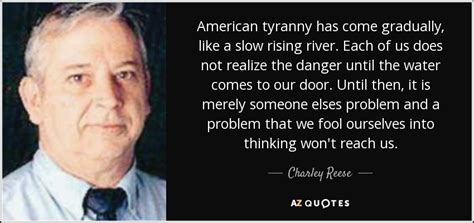A Quote by Thomas Paine
A Constitution is not the act of a Government, but of a people constituting a government, and a government without a constitution is a power without right.
Quote Topics
Related Quotes
A constitution is not the act of a government, but of a people constituting a government; and government without a constitution is power without a right. All power exercised over a nation, must have some beginning. It must be either delegated, or assumed. There are not other sources. All delegated power is trust, and all assumed power is usurpation. Time does not alter the nature and quality of either.
The first right of every human being is the right of self-defense. Without that right, all other rights are meaningless. The right of self-defense is not something the government bestows upon its citizens. It is an inalienable right, older than the Constitution itself. It existed prior to government and prior to the social contract of our Constitution.
It [the Constitution] didn't break free from the essential constraints that were placed by the founding fathers in the Constitution, at least as it's been interpreted, and the Warren court interpreted it in the same way that generally the Constitution is a charter of negative liberties. It says what the states can't do to you, it says what the federal government can't do to you, but it doesn't say what the federal government or the state government must do on your behalf. And that hasn't shifted.
The Chinese government attaches importance to, and protects, human rights. We have incorporated these lines into the Chinese constitution, and we also implement the stipulation in real earnest. I think for any government, what is most important is to ensure that its people enjoy each and every right given to them by the constitution.
The important distinction so well understood in America between a constitution established by the people, and unalterable by the government; and a law established by the government, and alterable by the government, seems to have been little understood and less observed in any other country. Wherever the supreme power of legislation has resided, has been supposed to reside also, a full power to change the form of government.
The Constitution was written to protect individual freedom and limit the ability of the government to encroach upon it. The liberals don't like that. The Democrats are very unhappy. The Constitution limits government too much. So they want to rewrite it, have a second Bill of Rights. So they want a new Bill of Rights that spells out what government can do instead of a Bill of Rights that tells government what it can't do.
Does the U.S. Constitution stand for anything in an era of government excess? Can that founding document, which is supposed to restrain the power and reach of a centralized federal government, slow down the juggernaut of czars, health insurance overhaul and anything else this administration and Congress wish to do that is not in the Constitution?


































